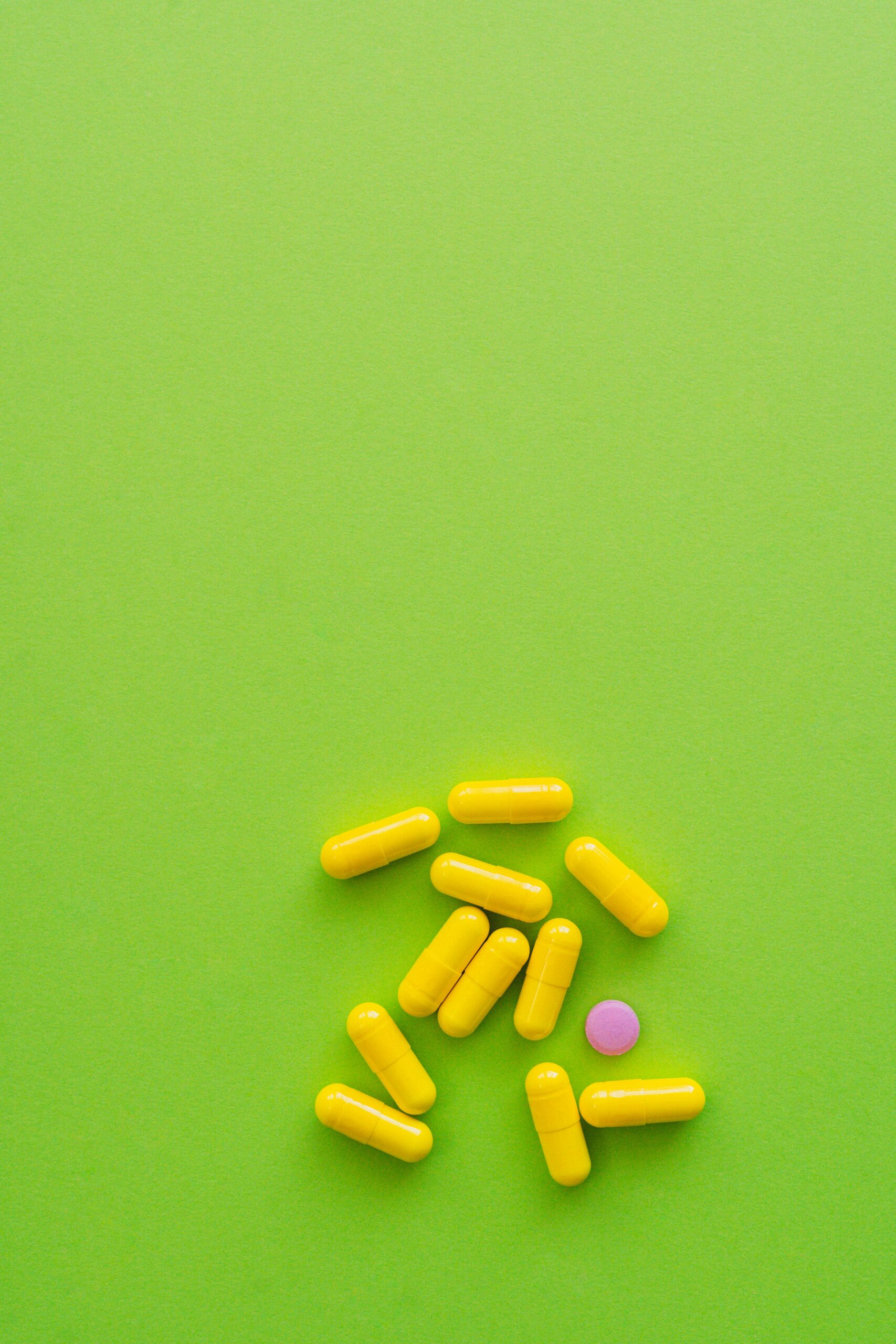“Therefore I say unto you, What things soever ye desire, when ye pray, believe that ye receive them, and ye shall have them.” Mark 11:24*Burning stubborn body fat can sometimes feel like trying to climb an unmovable mountain. You’ve put in the work, stayed consistent with your eating habits and yet those last few pounds seem glued in place. It’s easy to feel frustrated or defeated, but the truth is: you can overcome it. With a combination of faith and practical steps, you can unlock the door to achieving your goals and soar to new heights in your health journey.
Let’s dive into how spiritual and practical principles can help you break through the plateau and finally shed that stubborn body fat.
1. Pray with Expectation and Believe
The foundation of everything we do, especially as believers, is faith. Mark 11:24 encourages us to pray with belief, trusting that God hears our desires and will answer them. When you commit to losing weight, start with a prayer that reflects your goal. Ask God for strength, discipline, and wisdom throughout your journey.But prayer alone isn’t enough, you must believe that the change is already happening. Each day, speak words of life over your body and mind. Thank God for the results, even before you see them. This shift in mindset not only honors God but also builds your confidence to continue when the going gets tough.
Practical Step: Start each morning with a prayer of gratitude for your body and the progress you’re making. Write down your health goals in a journal and read them aloud, thanking God in advance for achieving them.
2. Faith Without Works is Dead
While belief and prayer are essential, faith without action will lead to nowhere. James 2:26 reminds us that “faith without works is dead.” As you ask God to help you in your weight loss journey, also commit to putting in the effort required.It might mean meal prepping on Sunday evenings, waking up a bit earlier to fit in a workout, or resisting the temptation of sugary snacks. Every small step you take is a demonstration of your faith that change is coming. Don’t despise the process; trust that your effort, combined with God’s strength, will pay off.
Practical Step: Break down your weight loss goals into manageable, grace paced habits. Focus on eating more whole foods, drinking water and incorporating movement daily, whether through a structured workout or a simple walk.
3. Let Go of the Weight of Past Failures
Sometimes what holds us back isn’t a lack of effort, but the weight of past failures. You’ve tried countless diets, workout routines, and even fasts that didn’t give you the results you were hoping for. But God is calling you to let go of the past. Just as His mercies are new every morning, your journey toward better health can start fresh today.Don’t carry the discouragement of yesterday into your new beginning. Trust that this time will be different because you’re walking in faith, believing that God will strengthen you, guide you, and help you overcome every obstacle.
Practical Step: Every time you’re tempted to think about past failures, replace that thought with a declaration of faith: “I believe that with God’s help, I can overcome every challenge and reach my goals.”
4. Renew Your Mind Daily
Burning stubborn body fat often involves more than just physical effort; it requires a mental shift. Romans 12:2 reminds us to “be transformed by the renewing of your mind.” If you continually focus on the obstacles, how hard it is to lose weight or how slow progress is, you’ll find yourself stuck. Instead, focus on progress, not perfection.Renewing your mind means speaking life and victory over your journey. Meditate on scripture and remind yourself that God has given you the ability to be disciplined and successful. When you change the way you think, you’ll change the way you approach your goals.
Practical Step: Memorize a few key scriptures related to strength, discipline and health (like Philippians 4:13: “I can do all things through Christ who strengthens me”). Recite them when you feel discouraged or tempted to give up.
5. Remember: The Journey is Spiritual
Your body is a temple of the Holy Spirit (1 Corinthians 6:19-20), and taking care of it is a spiritual act of worship. As you move toward your goal of burning stubborn body fat, keep in mind that this is more than just a physical challenge. God cares about every detail of your life, including your health.
As you push through plateaus or temptations, remember that God is with you, guiding your steps. Each choice you make to honor your body and health is a reflection of your faith in Him. Rely on His strength when you feel weak and trust in His promises.
Practical Step: Commit your weight loss journey to God as part of your daily devotion. Ask Him for guidance in how to treat your body and wisdom in your nutrition and fitness choices.
Conclusion: Keep Soaring in Faith
Mark 11:24 teaches us that when we pray and believe, we can receive what we desire. This is true for your health goals just as much as it is for any other area of life. As you step out in faith and take practical steps toward burning stubborn body fat, trust that God is with you every step of the way.
Remember, you were created to soar, not just in your spiritual walk but in your physical health as well. Keep your eyes on God, stay consistent and believe that with His help, you can and will achieve the results you desire.
So, believe that you can soar—because with God’s strength, all things are possible!
Call to Action: Get your FREE consultation to see if are a fit for our program.




